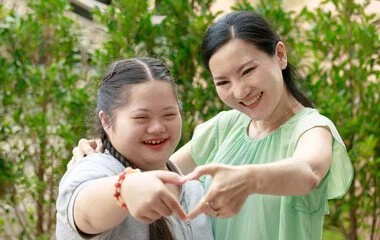Limited Conservatorships
Help your disabled child to live as idenpendantly as possible as an adult
Conservatorship is the legal process by which someone is appointed by a court to act in the stead of a person who does not have the capacity to manage their own affairs. That may be a conservator of the person, who makes decisions regarding residence, health care, etc., a conservator of the estate who controls the conservatee’s assets or one conservator who fills both roles.
Commonly Asked Questions
3-5 months before the conservatee’s 18th birthday
It is still possible to get a limited conservatorship after the child’s 18th birthday but it’s not recommended
the process usually takes 3-6 months
When to get a limited conservatorship?
Parents, siblings, relatives, guardians
very few limitations on being conservator
18 yrs old
pass court - sponsored background check
consent + notice/opportunity to be heard by those parents + grandparents of conservate
if you have a question, setup a time to come have your questions answered
Who can be a limited conservator?
5 standard powers
Fix residence or dwelling for conservate
Access confidential medical records
Consent or withhold consent to many or enter a domestic partnership
Limit Right to contract
Authority to make medical decisions and consent to/withhold treatment for conservate
What does a L.C. authorize the conservator to do for the conservatee?
SARC is one of the 21 regional centers in California, it includes the areas of Monterey, San Benito, Santa Clara and Santa Cruz
The Santa Andreas Regional Center is an organization devoted to helping caretakers provide for those with disabilities
You have to be a member of SARC to get a limited conservatorship
Contact SARC: Home | SARC
What is a SARC (San Andreas Regional Center)?
A more detailed explanation of a limited conservatorship:
A limited conservatorship is a specialized conservatorship for people with developmental disabilities, such as down syndrome, autism and other developmental delays. One or many family members or friends over 18 can be appointed by a court to make decisions for that disabled child when they’re an adult.
Caring for a loved one with a disability is challenging, when a child with disabilities turns 18 and becomes an adult, an entirely new set of challenges present themselves.
Who will protect my child from predatory financial scams?
Who will continue to make medical decisions for my child when they’re an adult?
Who will be responsible for making sure they have a safe place to live as an adult?
A limited conservatorship helps solve this new set of problems for your child.


